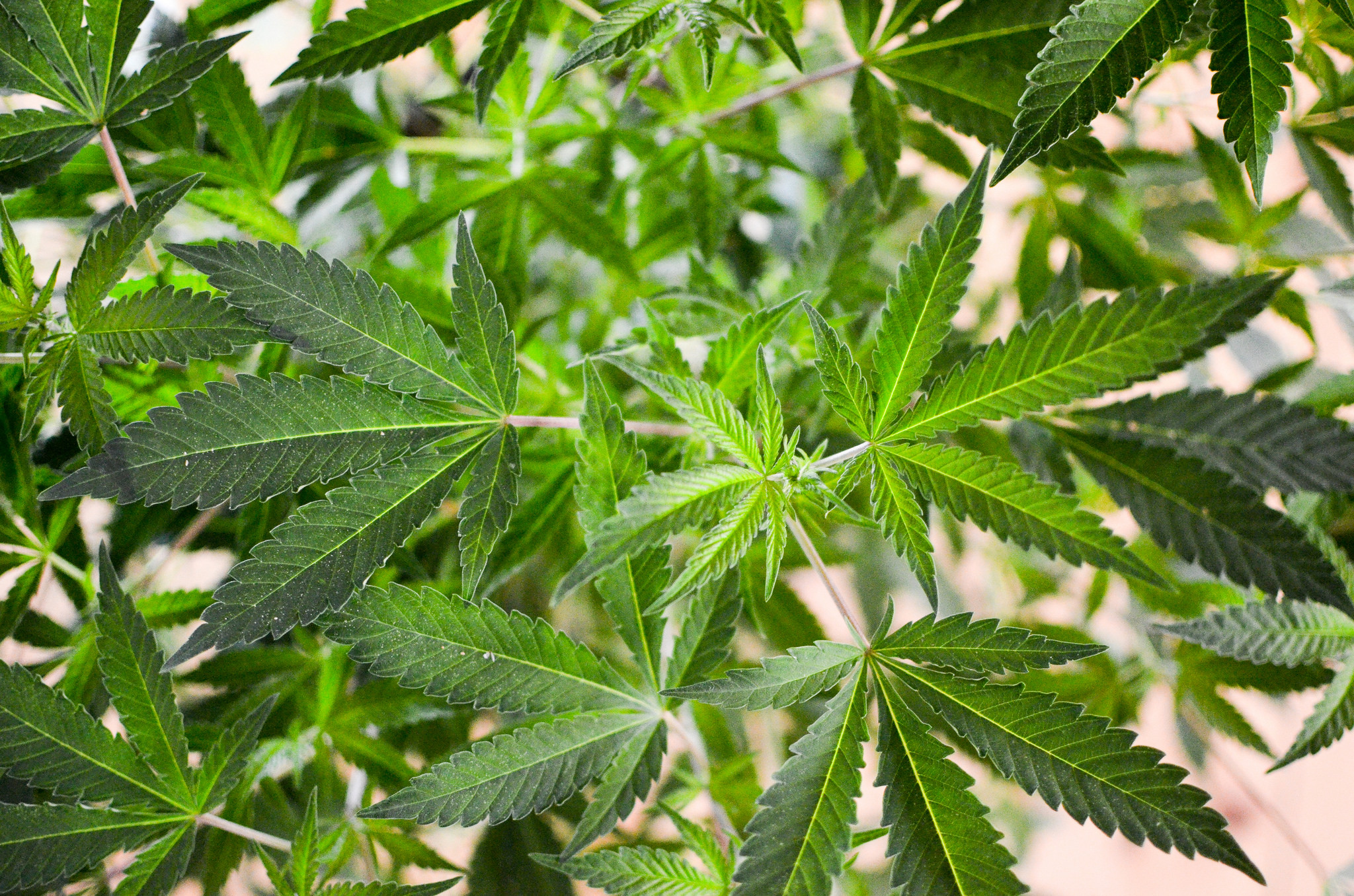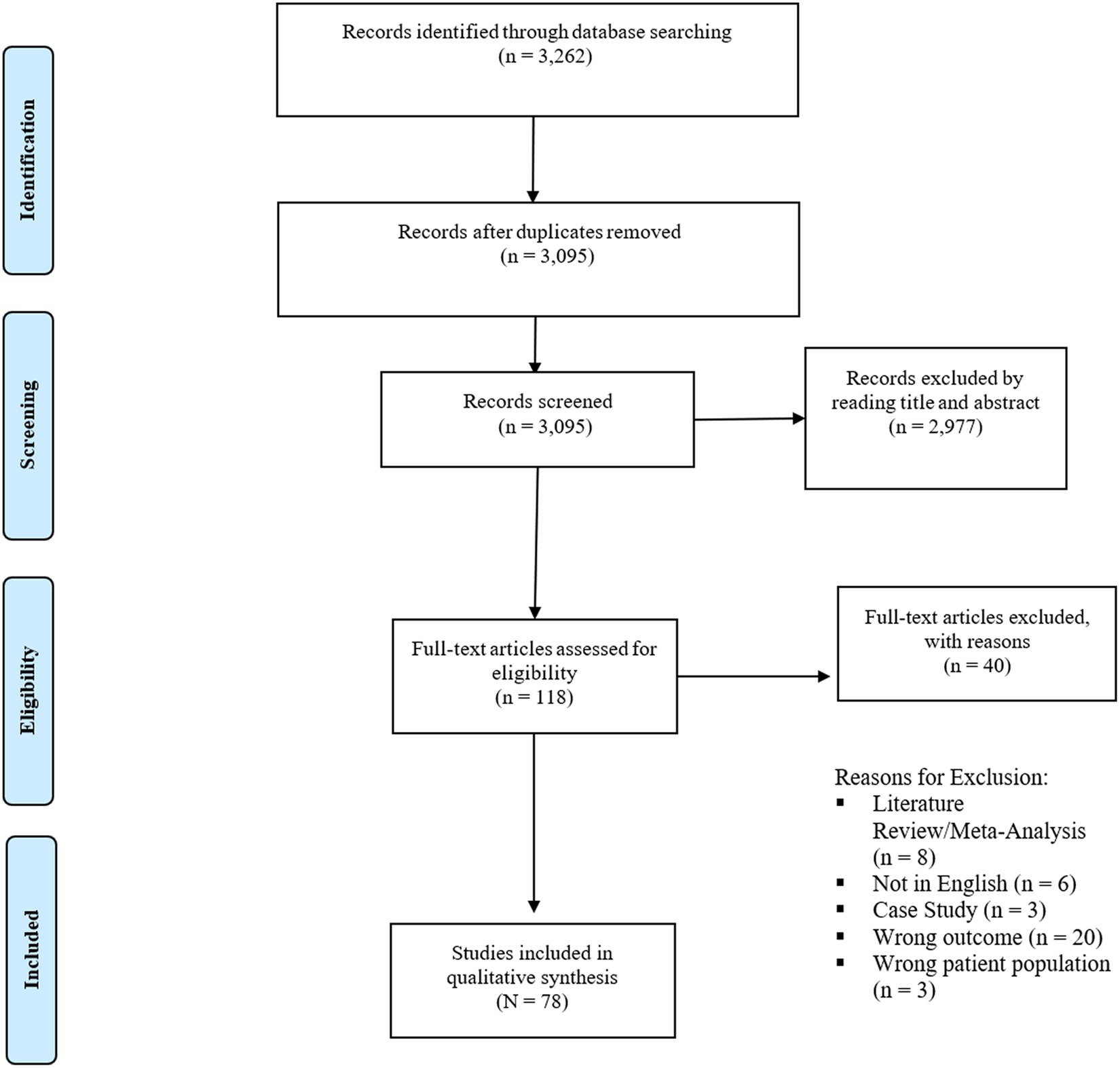Promising Results for Pain and Neuroprotection
2 Articles
Studies indicate that cannabinoids may significantly alleviate chronic pain and enhance neuroprotection, expanding cannabis use in medical care.
go to story2 Articles
Studies indicate that cannabinoids may significantly alleviate chronic pain and enhance neuroprotection, expanding cannabis use in medical care.
go to story3 Articles
There has been a growing interest in the potential benefits of cannabis for individuals experiencing mood disorders. With research evolving and public perception shifting, cannabis is increasingly recognized not just for its recreational uses but also for its therapeutic potential. This story synthesizes insights from significant studies.
go to story2 Articles
Cannabinoids like THC, CBD, and CBN show promise for improving sleep by interacting with the endocannabinoid system, but finding the right product and dose is crucial for avoiding unwanted side effects.
go to story2 Articles
Salk Institute researchers have discovered that CBN, a lesser-known cannabinoid with neuroprotective properties, could lead to future therapies for neurodegenerative diseases and brain injury prevention. The search for effective treatments for neurodegenerative diseases has long been a challenge, particularly as the global population ages and the prevalence of conditions like Alzheimer’s and Parkinson’s continues to rise. However, recent research from the Salk Institute offers a glimmer of hope, focusing on a lesser-known cannabinoid, cannabinol (CBN), and its potential to protect the brain against aging and neurodegeneration.
go to story2 Articles
Research links marijuana use to significant heart attack and stroke risks, highlighting the need for awareness of potential dangers to the cardiovascular system as legalization and recreational use rise.
go to story10 Articles
Unveiling marijuana withdrawal's multifaceted nature, this article explores its interplay with neurobiology, psychology, and treatment strategies for recovery.
go to story
4min read
A newly published review of research on marijuana and chronic nerve pain concludes that treatment with cannabinoids offers “significant relief from chronic pain” with “minimal to no side effects”—potentially providing patients a “life-changing alternative” to conventional pharmaceuticals.
go to story
National Center for Biotechnology Information
17min read
The present review will provide an overview of the neurobiology, epidemiology, clinical impact, and treatment of cannabis use disorder (CUD) in mood disorders. Patients with mood disorders including major depressive disorder (MDD) and bipolar disorder (BD) have higher rates of cannabis use, and CUD compared to the general population. Reasons for this association are not clear, nor are the putative therapeutic effects of cannabis use, or its components delta-9-tetrahydrocannabinol (THC) and cannabidiol (CBD), in these illnesses. The evidence surrounding treatments for patients with this comorbidity is lacking, with more support for psychotherapeutic treatments compared with pharmacological treatments.
go to story
24min read
Problematic cannabis use is highly prevalent among people with mood disorders. This underscores the need to understand the effects of cannabis and cannabinoids in this population, especially considering legalization of recreational cannabis use.
go to story

1min read
There is now a significant amount of evidence suggesting problems with the endocannabinoid system cause low mood
go to story
5min read
Many clients come to Realm of Caring looking for help in improving their quality of sleep. The great news is that research is continuing to show us that cannabinoid therapy may help. Certain cannabinoids have shown through studies the ability to benefit our sleep-wake cycles, decrease nightmares, lessen the conditions that interfere with our sleep, and assist in actually falling asleep.
go to story